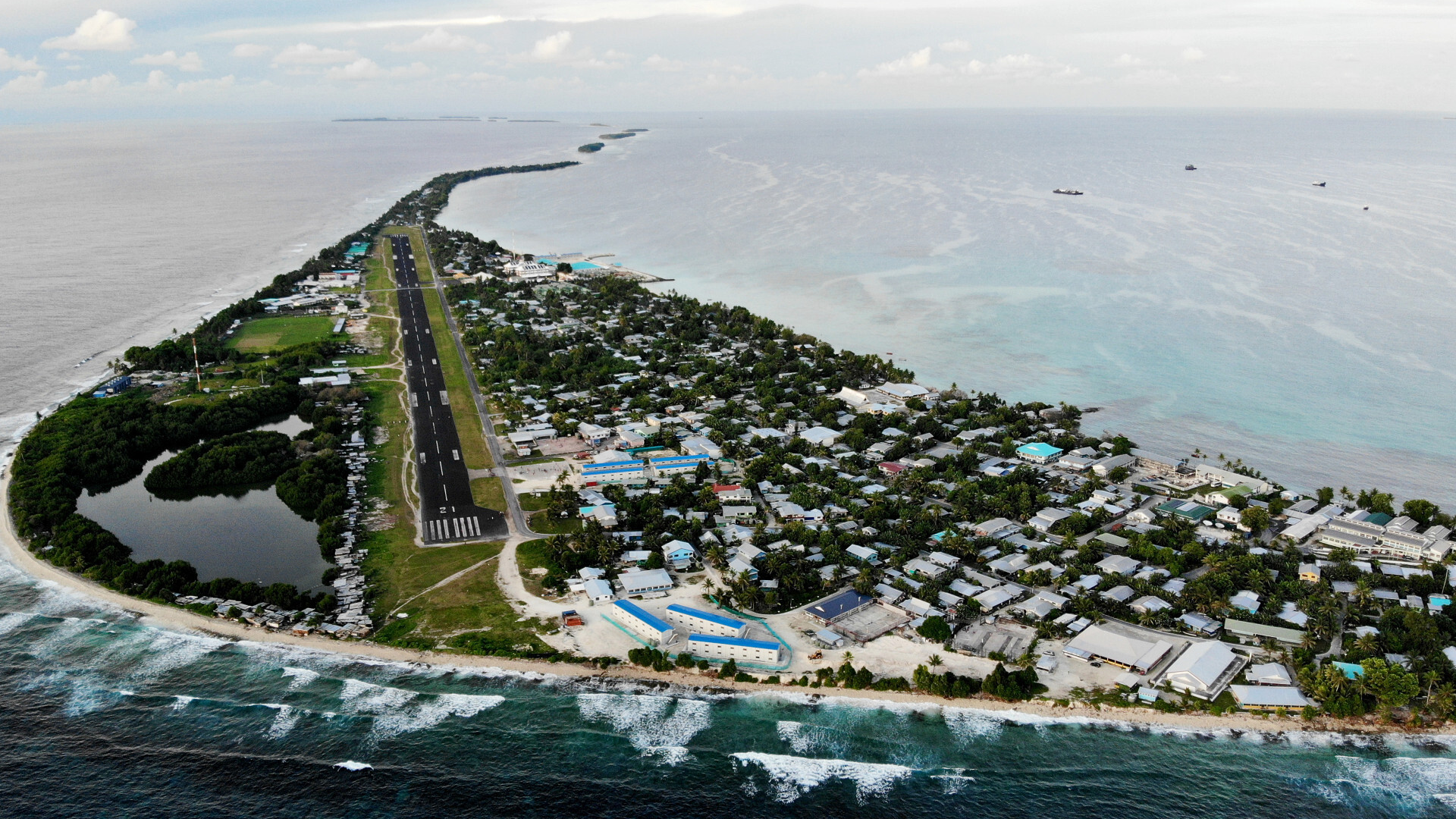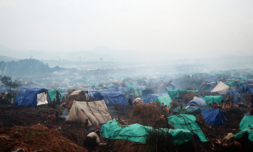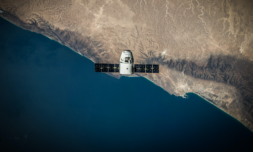Climate change is affecting the Pacific Island of Tuvalu in a serious way. Anticipating its population will be forced into climate migration in the near future, the government is turning to the metaverse to preserve its unique culture.
While COP27 isn’t over, betting on actual environmental policy implementation is risky, if previous summits are anything to go by. This is especially true for the Global South.
The reality is that business as usual will guarantee a global temperature increase of 2.7 degrees Celsius by 2050. By then, the number of people forced to migrate to safer regions of the planet is expected to reach 1.2 billion people.
One of last year’s most hard-hitting speeches was delivered by Simon Kofe, Tuvalu’s foreign minister. Standing behind a podium, he was knee-deep in seawater that, in previous years, hadn’t lapped so far up the shoreline.
Rising sea levels do not just threaten land, homes, and livelihoods in Tuvalu. With the climate crisis forcibly displacing Tuvalu’s citizens across the Global North, the unique culture and the identity of its people is also in danger of being lost to climate change.
In an attempt to avoid this, Tuvalu’s government has announced it will preserve its national culture inside the metaverse. In duplicating its island digitally, it becomes the first nation, in what could become many, to do so.




















